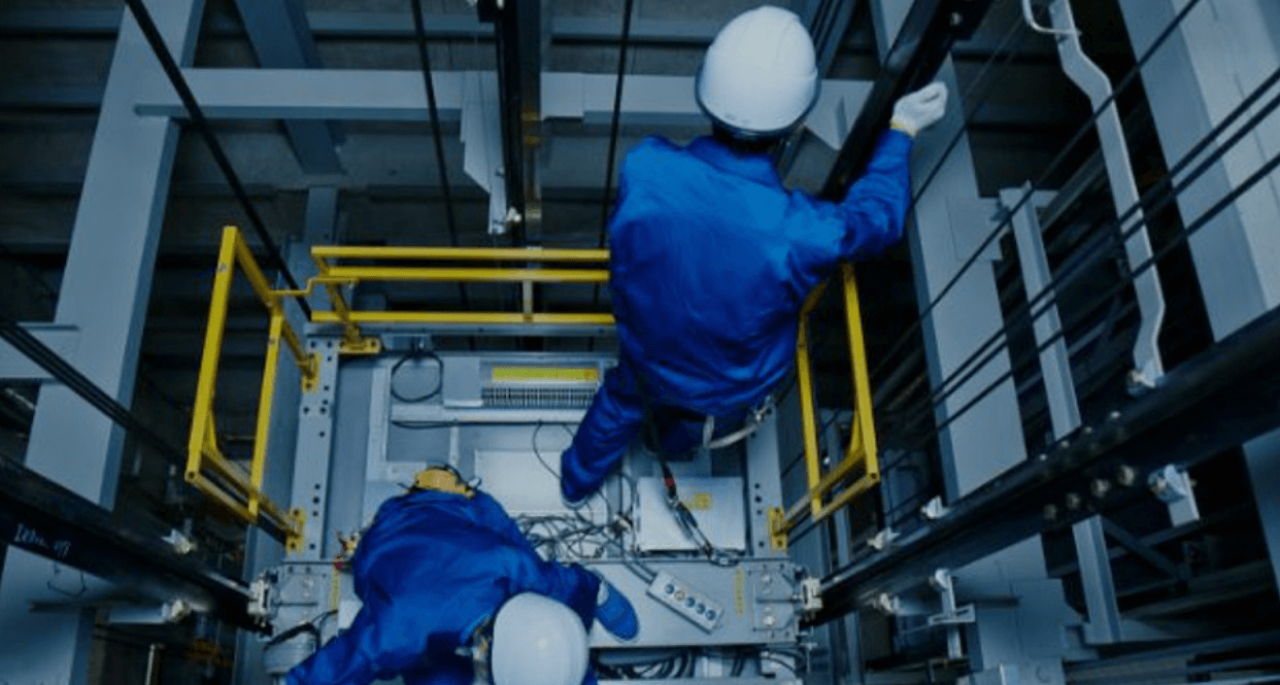Elevators are a staple in modern buildings, providing convenience and accessibility to occupants. Whether it's a towering skyscraper or a multi-story residential complex, elevators play a crucial role in vertical transportation. However, like any mechanical system, elevators require regular maintenance to ensure they operate smoothly and safely. Neglecting maintenance not only leads to inconvenience but also poses safety risks. In this blog, we'll delve into some essential tips for elevator maintenance to keep these indispensable machines running smoothly.
Regular Inspections:
One of the fundamental aspects of elevator maintenance is regular inspections. Scheduled inspections should be conducted by qualified technicians according to manufacturer recommendations and local regulations. These inspections help identify any potential issues before they escalate into major problems.
Lubrication:
Proper lubrication is essential for the smooth operation of elevator components. Moving parts such as gears, pulleys, and bearings need to be adequately lubricated to reduce friction and wear. Lubrication should be performed at regular intervals using the appropriate lubricants recommended by the elevator manufacturer.
Cleaning:
Keeping the elevator clean is not just about aesthetics; it also contributes to its smooth operation. Dust, dirt, and debris can accumulate in various parts of the elevator system, leading to malfunctions and premature wear. Regular cleaning of the elevator car, doors, and mechanical components can help prevent issues caused by debris buildup.
Monitoring Performance:
Utilizing modern technology, such as elevator monitoring systems, can greatly aid in maintenance efforts. These systems can track the performance of the elevator in real-time, providing valuable data to identify potential problems early on. Monitoring parameters such as speed, door operation, and motor performance can help detect issues before they result in downtime.
SHP Lifts is an elevator company providing a wide range of high quality services to a diverse client base such as top construction companies, real estate agents, commercial & private properties developers, etc.
Safety Checks:
Safety should always be a top priority when it comes to elevator maintenance. Regular safety checks should be conducted to ensure that all safety features are functioning correctly. This includes emergency brakes, door sensors, interlocks, and emergency communication systems. Any malfunctioning safety feature should be addressed immediately to prevent accidents.
Training and Certification:
Elevator maintenance should only be performed by qualified technicians who have undergone proper training and certification. These professionals have the knowledge and expertise to identify issues and perform repairs safely and effectively. Regular training programs should be provided to ensure technicians stay up-to-date with the latest advancements in elevator technology and maintenance practices.
Emergency Preparedness:
Despite regular maintenance efforts, emergencies can still occur. It's crucial to have an emergency response plan in place to handle unexpected situations such as elevator breakdowns or entrapments. Building staff should be trained on how to respond to elevator emergencies promptly and effectively, including procedures for evacuating passengers safely.
Documentation and Record-Keeping:
Maintaining detailed records of maintenance activities is essential for accountability and compliance purposes. Records should include inspection reports, maintenance schedules, repair logs, and any upgrades or modifications made to the elevator system. This documentation not only ensures that maintenance tasks are performed on time but also serves as a valuable resource for troubleshooting issues in the future.
Professionals and relevant experience!
In conclusion, elevator maintenance is vital for ensuring the safe and smooth operation of these essential vertical transportation systems. By following these essential tips and implementing a proactive maintenance strategy, building owners and facility managers can minimize downtime, extend the lifespan of their elevators, and ensure the safety and comfort of occupants. Remember, when it comes to elevators, prevention is always better than cure.



